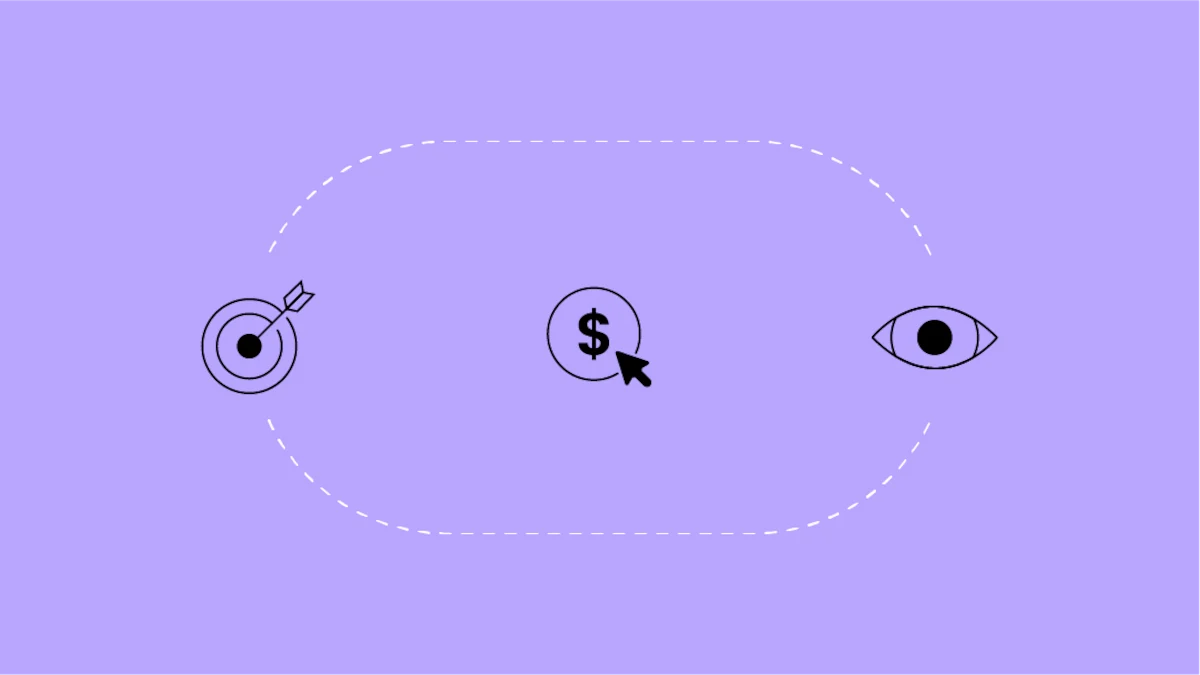Google announced that starting August 2021, page experience signals will be included in Google Search ranking. This will update the Google algorithm to incorporate new signals to determine search ranking.
In this post, we'll take a closer look at page experience signals and what you can do to prepare for the update, including:
- What are Page Experience Signals?
- What Does the Page Experience Update Mean for Search?
- What You Can Do to Prepare
- Seer POVs on Page Experience
What are Page Experience Signals?
To understand these signals that will impact search ranking, we went straight to the source. According to Google,
Page experience is a set of signals that measure how users perceive the experience of interacting with a web page beyond its pure information value.
Page experience signals include Core Web Vitals, mobile-friendliness, safe-browsing, HTTPs, and intrusive interstitial guidelines.
Here’s an overview of what these signals mean and how they can affect your website.
Core Web Vitals
As the name implies, these are similar to a person’s vital signs. The Core Web Vitals are a subset of Web Vitals that matter the most. These measurements apply to every page on the internet.
Core Web Vitals provide a quick check of a user’s experience and help evaluate a site’s performance. Core Web Vitals are based on three metrics:
- Largest Contentful Paint (LCP)
- First Input Delay (FID)
- Cumulative Layout Shift (CLS)
💡 Learn more about Core Web Vitals in this guide.
Mobile-Friendliness
Google announced its mobile-friendly update in February of 2015, which established a site’s mobile-friendliness as a ranking signal and increased the number of mobile-friendly websites in search results.
Your site is likely already optimized for mobile users, but if you’re looking for more tips, here’s a tutorial on mobile-first indexing.
💡 Learn more about Mobile-Friendliness in this guide.
Safe Browsing
Safe browsing allows webmasters to resolve security issues with their website.
Webmasters can use Google Search Console to access the security issues report, which detects six security issues: malware, deceptive pages, harmful downloads, and uncommon downloads.
Safe Browsing also provides recommendations for each type of security issue.
💡 Learn more about Safe Browsing in this guide.
HTTPS
In 2016, Google provided an update on websites transitioning from HTTP to HTTPS to incorporate secure browsing, enable the best performance, and introduce features to benefit site conversions.
Now that HTTPS protocol has been added as a page experience signal, this means that now more than ever, HTTPS has a substantial impact on the Google algorithm and on a website’s performance in SERPs.
In order to achieve “Good page experience” status in Google Search, a page must have HTTPS encryption.
💡 Learn more about HTTPS in this guide.
Intrusive Interstitial Guidelines
Intrusive interstitials are popups, ads, or other features that block part of a mobile landing page. These types of features are intrusive in that they can affect a user’s experience and prohibit a user from accessing the content they need.
In 2017, Google announced that in the transition to mobile search results, pages without easily-accessible content would not rank as high.
💡 Learn more about intrusive interstitials in this guide.
What Does The Page Experience Update Mean for Search?
Since Google believes providing information about a website’s user experience is helpful, they will begin testing visual indicators to identify pages in search results that meet all of the page experience criteria. This feature will roll out in May 2021.
This update should serve as a reminder to always put your audience first. This means you should ensure your content is catered to user experience and accessibility.
We also offer important tips to create an accessible, user-friendly website in our UX Checklist Series:
While page experience will be an important factor, Google still seeks to rank pages with the best overall information. According to Google, great page experience does not override having great page content.
Great, Another Update. So What Should I Do?
To prepare for the 2021 update, webmasters can use the following resources to assess and improve their website’s page experience.
- Review your data in Google Search Console with the Page Experience and Core Web Vitals reports.
- Leverage Page Speed Insights and Lighthouse to fix page load and other technical issues.
Not fixing errors identified in these reports can result in a decline in rankings once the update is fully rolled out. Plan accordingly!
Seer POVs on the Page Experience Update
While we can’t yet say for sure how this will affect rankings and search behavior -- what we can do is provide advice and predictions based on our experience, historical examples, and industry knowledge:

"We’ll want to monitor the impact that this change in organic results has on paid ads’ click-through rate. If there are more signals showing the authority and ease of use of organic results, users may be less inclined to click on ads ... This is a great opportunity to join CTR and Bounce Rate data with other user behavior metrics ... e.g. Scroll Depth and Dwell Time in heatmaps."
-- Kim J. | Data Strategy Lead

"This latest update just reinforces the importance of having a technically-sound website. We often focus so heavily on content, but remember, the foundation has to be there as well."
-- Tyler C. | Sr. SEO Manager

"We'll need to take a hard look at what we’re deploying on-site that may prevent pages from loading in a timely fashion. The top things you can do now: 1) Up your page speed sample to understand existing page speed across pages and device categories ... 2) Consider exploring server-side tracking implementation to lighten the load on the browser. 3) Improve your governance around third-party tags being deployed on-site ..."
-- Jocelyn C. | Sr. Analytics & Strategic Partner Lead

"This update highlights a lot of what we already know about page speed and UX, but adds pressure for website owners to prioritize these items in 2021, where they may not have in years past. When planning your development team resources for the coming year, make sure to account for and prioritize the Core Web Vitals metrics."
-- Katelyn S. | Sr. Technical SEO Manager

"Google continues to tip off search marketers on what people value. This update presents a great opportunity for those of us in PPC to take notice of what organic content is driving great user experience and leverage that data for paid landing pages. Improving landing page experience using this information will improve quality scores and drive better, and hopefully more efficient, engagement with our paid ads."
-- Dan L. | PPC Team Lead

"This is Google's latest tactic to turn user-centric ideals into requirements, but they've been pushing these paradigms for years. Today it's security, mobile-friendliness, and performance. Prediction: accessibility will be added to this list in the coming years."
-- Stephen H. | Lead Developer



